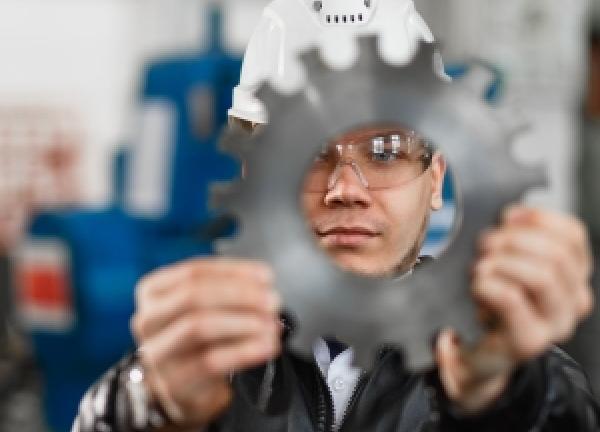The ‘New Normal’: building a new relationship with the world
The health crisis did not change the world, but it did change our expectations. A quest for meaning, authenticity, environmental and social responsibility now prevail over this "new normal".

2020 is a very special year, not least because the experience of the health crisis has left its mark on the entire planet. We have seen the emergence of new habits and new ways of thinking about the world that point to an ongoing underlying trend that has been developing for several years now; the trend towards greater ‘sustainability’ in the broadest sense of the word. We look back on the paradigm shift to a more local world.
A more local world
2020 will be remembered as the year revolved around a single fundamental space: the home. The lockdown has given us back our appetite for spending time at home and refocused us on our private lives and family. This refocus on our home - and by extension our neighborhood and city - has accelerated the existing trend towards a very pronounced return to all things local. We now want the products we choose to have been produced as near our homes as possible(1). “It is very clear that the post-COVID-19 world – the world we are already living in – will be more local, more digital and more sustainable”, summarizes Pierre-André de Chalendar, Chairman of Saint-Gobain.
A more digital world
Above all, this return to the local, to the "home" which has effectively accelerated has forced our societies to move towards completion of the transformation to full digitalization. Now central to all our interactions, the digital world has made it possible to provide everyone with new, faster, more agile and more direct ways of working collaboratively, and therefore giving everyone more control over their daily lives. The results have included a more responsive and more personalized form of business interaction. And although some of these uses may have been ‘imposed’ by the health situation, some of those habits are now ingrained and will continue.
In the world of business, teleworking has very quickly become the norm for those able to use it, and the results have surprised both employers and employees in terms of their ability to collaborate efficiently as a team without needing to share the same physical space. This new relationship with the ‘workplace’ raises many questions about the very purpose of an office and - by extension - the future of cities, as they refocus on greater micro-mobility and less commuting.
A more sustainable world
The ongoing crisis is also causing us to question our economic models and especially the central issues of our expectations around traceability and social commitment. This was already an underly

ing trend, but is now a clearly expressed expectation: we aspire to a form of consumption that is more respectful of people and our planet. Added to which, concerns about the environment have never been so strongly expressed, with 86% of the global population now wanting the world to be more sustainable and fairer. Purchases are now thought about in greater detail from a more responsible perspective: the disposable era is no longer tenable, and product life cycles are now taken into account at every link in the value chain, from producer to end-user consumer. Everyone now wants to know how, by whom and under what conditions the consumer goods they buy have been produced.
Our health, our planet and our values
Although the pandemic has not fundamentally ‘changed’ us, it has certainly accelerated aspirations that were running through our societies. These include a quest for meaning, return to local and authentic, and our environmental, social and societal responsibilities. Everyone now wants to ‘consume better’ and is demanding proof that this is what they are getting.
Thus, as an echo of this return to our most essential values, the word "Home" has now taken on a new meaning. “It encapsulates both a fundamental human need which has existed forever, an aspiration that is universal and specific to each part of the planet, and the harmonious interweaving of the material world and the emotional world, the intimate and the collective. In other words, it conveys the microcosm of our individual homes and the macrocosm of our common home – the planet," concludes Pierre-André de Chalendar.

Crédits :
Peshkova/Shutterstock
Metamorworks/Shutterstock
The latest stories
All stories
View more

